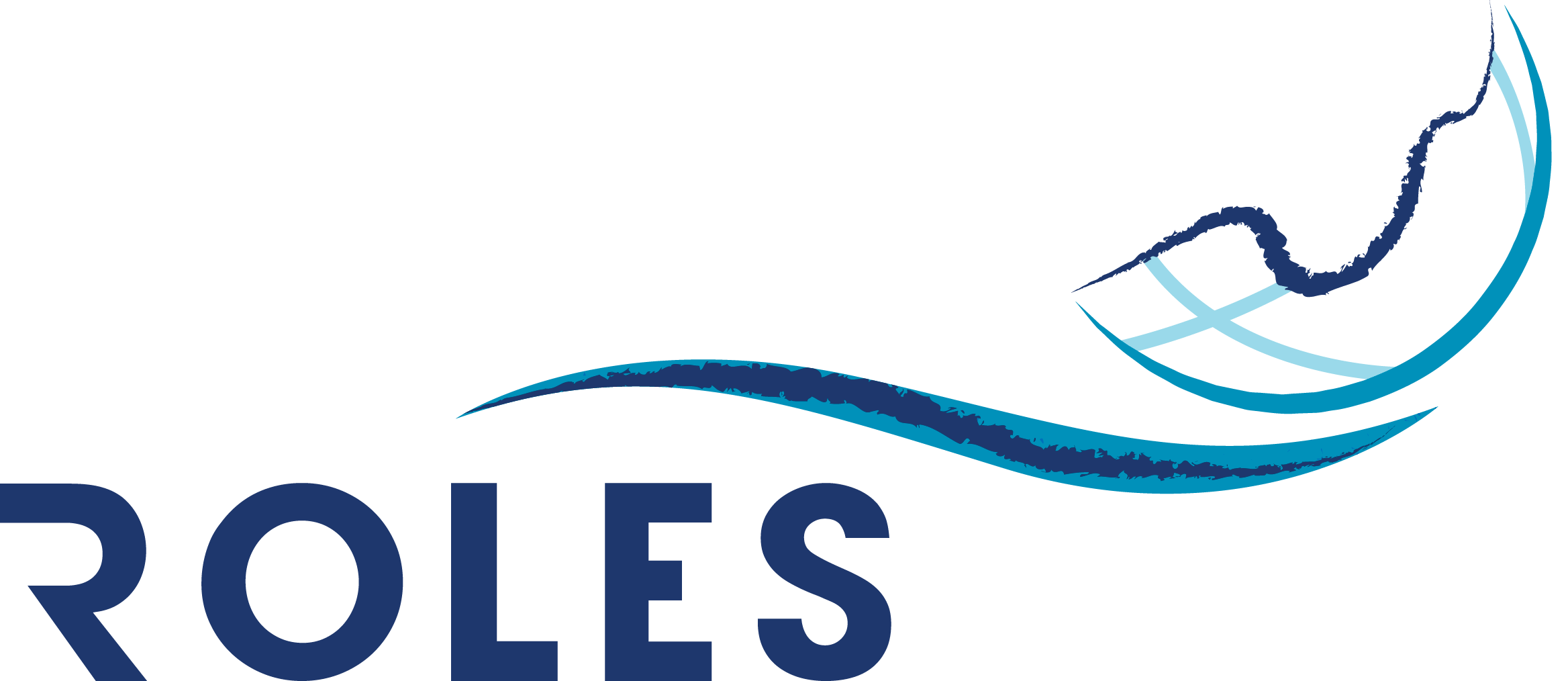We cordially invite you to a webinar on the relationship between technology and human essence, by Dr. Yochai Ataria of Tel-Hai College, Israel.
Date and Time: March 12, 16:00-17:30 (JST)
Format: Zoom Webinar
Registration:
https://docs.google.com/forms/d/e/1FAIpQLSdMACjWixAgPhEI2hoyPpmuR2E2HzwudvdXdbLomfuBBiATDA/viewform?usp=sf_link
Contact: Dr. Koji Yamashiro, Project Researcher at the Religion and Global Security Division of RCAST, University of Tokyo
koji.yamashiro@gmail.com
The Essence of Technology Is the Essence of Humans (?)
Date and Time: March 12, 16:00-17:30 (JST)
Format: Zoom Webinar
Registration:
https://docs.google.com/forms/d/e/1FAIpQLSdMACjWixAgPhEI2hoyPpmuR2E2HzwudvdXdbLomfuBBiATDA/viewform?usp=sf_link
Contact: Dr. Koji Yamashiro, Project Researcher at the Religion and Global Security Division of RCAST, University of Tokyo
koji.yamashiro@gmail.com
The Essence of Technology Is the Essence of Humans (?)
According to Heidegger, “the essence of technology is Being itself.” This lecture tries to work out whether this is an empty slogan or rather a profound insight that allows us to better understand who and what is human being, and perhaps even to answer the question where did we come from and where are we going? If origin does indeed determine the essence of being, and if the origin of Homo is inherently connected to the use of tools, that is to say, technologies did not merely precede the genus Homo chronologically, but are also directly related to its evolution, we could argue that Heidegger’s thesis has empirical support. In this connection, we shall also critically evaluate the philosophical work of Bernard Stiegler and the anthropological study of Andre Leroi-Gourhan.
In the first section, we will examine the link between the evolution the genus Homo and the use of technologies. We will propose that the use of tools and the making of tools distinguish Homo in general and Homo sapiens in particular and have arguably made it what it is – and in that sense, also determine where we go from here. Homo, it will be suggested, emerged from technologies and developed in their shadows and images – always has and always will. In the second section, we will argue that grasping tools opened us up to the world and shaped how we are thrown into it – grasping allows exteriorization of cognitive processes, and thereby facilitates accelerated evolutionary processes beyond the organism level. To understand the rise of Homo, we will propose in this section, we must nullify the dichotomy between Who and What. In this process, as we will show, the notion of “human being” transforms so radically that we must place it in quotation marks. In a way, it is not a being at all. In the third section, we will present the idea that what distinguishes us as a genus is that “we make things, which in turn make us.” Finally, we will return to the starting point of this lecture and ask how we should understand Heidegger’s thesis and to what degree is it true and real.
Yochai Ataria (1982) is an associate professor at Tel-Hai College, Israel. He conducted his PhD in the Hebrew University of Jerusalem and his post-doctoral research in the Neurobiology Department at the Weizmann Institute of Science. He has published over 40 papers. He is the author of the following books: The Structural Trauma of Western Culture (2017); Body Disownership in Complex Post-Traumatic Stress Disorder (2018); The Mathematics of Trauma [Hebrew] (2014); Not in our Brain [Hebrew] (2019); Levi versus Ka-Tsetnik (2022); Consciousness in Flesh (2022). In addition, he co-edited the following volumes: Interdisciplinary Handbook of Culture and Trauma (2016); Jean Améry: Beyond the Minds Limits (2019); Kafka: New Perspectives [Hebrew] (2013); The End of the Human Era [Hebrew] (2016); 2001: A Space Odyssey – 50th Anniversary [Hebrew] (2019); Body Schema and Body Image: New Directions (2021).
Related Events
2025.07.25 (Fri.)
Lecture
2025.04.08 (Tue.)
Lecture
2025.03.05 (Wed.)
Lecture
2024.12.21 (Sat.)
Lecture
